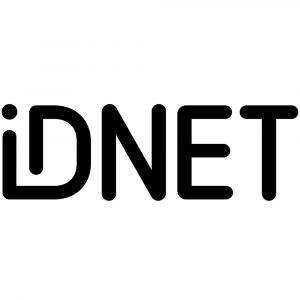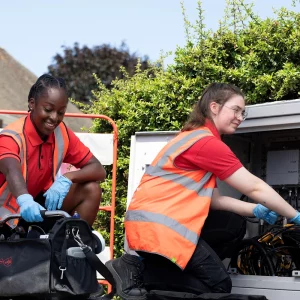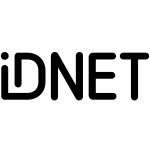Sponsored Links
BT Wholesale Calls for Broadband Speed Clarity
Posted: 13th Mar, 2008 By: MarkJ
BT Wholesale, which is responsible for supplying most of the UKs broadband connections, has called on Ofcom and the industry in general to be clearer about how broadband speeds are advertised.
It has long been the case that the speed a customer receives may differ significantly from the ISPs original advertised figure. Line length, interference, network congestion and ISP side restrictions are just a number of reasons why performance can fall below expectations.
Recent research from Point Topic also revealed that just 15% of those subscribing to an 8Mbps package achieved even close to the advertised rate, falling to 4% for those on rarer 16Mbps services:
Typically most ISPs get around the problem by installing a simple 'up to' prefix before the advertised speed, which signifies that the performance is likely to vary. However, this method is far too vague and many feel that ISPs should advertise expected performance with greater honesty.
Ofcom is currently reviewing the situation and is due to report back soon; meanwhile little is likely to change. More @ BBC News Online.
It has long been the case that the speed a customer receives may differ significantly from the ISPs original advertised figure. Line length, interference, network congestion and ISP side restrictions are just a number of reasons why performance can fall below expectations.
Recent research from Point Topic also revealed that just 15% of those subscribing to an 8Mbps package achieved even close to the advertised rate, falling to 4% for those on rarer 16Mbps services:
Cameron Rejali, Managing Director of Products at BT Wholesale, said it is up to the ISPs how they market broadband, "but if they are marketing it badly, the market will punish them."
BT said users need to know that there is a difference between the line speed - what the line between their home and the exchange can support - and what it describes as "throughput", a measure of the data coming down the line during an activity such as the downloading of a video.
Only 35% of BT's DSL Max customers are achieving an eight mbps line speed - the rest will see their speed cut by factors such as distance from the exchange, poor equipment, and interference from electrical appliances.
BT said users need to know that there is a difference between the line speed - what the line between their home and the exchange can support - and what it describes as "throughput", a measure of the data coming down the line during an activity such as the downloading of a video.
Only 35% of BT's DSL Max customers are achieving an eight mbps line speed - the rest will see their speed cut by factors such as distance from the exchange, poor equipment, and interference from electrical appliances.
Typically most ISPs get around the problem by installing a simple 'up to' prefix before the advertised speed, which signifies that the performance is likely to vary. However, this method is far too vague and many feel that ISPs should advertise expected performance with greater honesty.
Ofcom is currently reviewing the situation and is due to report back soon; meanwhile little is likely to change. More @ BBC News Online.
Search ISP News
Search ISP Listings
Search ISP Reviews
Latest UK ISP News








Cheap BIG ISPs for 100Mbps+
150,000+ Customers | View More ISPs
Cheapest ISPs for 100Mbps+
Modest Availability | View More ISPs
Latest UK ISP News
Helpful ISP Guides and Tips
Sponsored Links
The Top 15 Category Tags
- FTTP (6781)
- BT (3878)
- Politics (3066)
- Business (2760)
- Openreach (2659)
- Building Digital UK (2507)
- Mobile Broadband (2466)
- FTTC (2139)
- Statistics (2121)
- 4G (2085)
- Virgin Media (2016)
- Ofcom Regulation (1777)
- 5G (1723)
- Fibre Optic (1601)
- Wireless Internet (1592)
Sponsored
Copyright © 1999 to Present - ISPreview.co.uk - All Rights Reserved - Terms , Privacy and Cookie Policy , Links , Website Rules
































